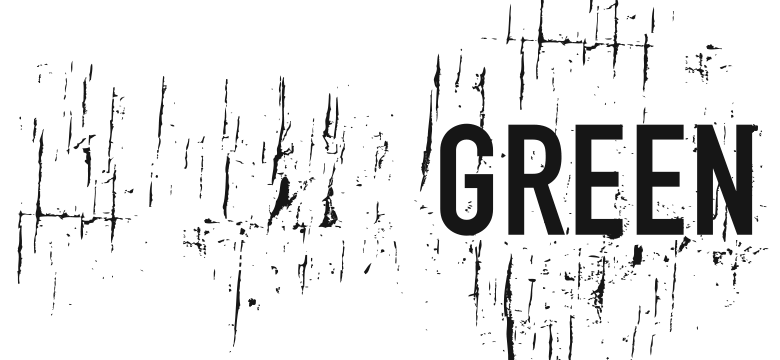Source: creativebeacon.com | by jgeorge | Sep 13, 2016
Freelancing mistakes are going to happen
Once you get past the debate on whether you should look for an in-house graphic design job, or freelance, it’s time to jump in and get started with your career. It’s tough to get started, and this is where a lot of freelance designers make mistakes. These mistakes can be costly, and sometimes they can be extremely difficult to recover from. Let’s take a look at some typical freelancing mistakes and how to avoid them.
Not creating a pricing structure
Pricing is something that every freelancer struggles with in the beginning. The reason is because they aren’t sure what to charge for their services to make their business profitable. This is one of the first things that you should figure out, because if you are unsure of yourself, businesses will not hesitate to swoop in and take advantage. If a business owner thinks your rates are negotiable, they will wear you down until you don’t make a profit at all. Set your prices and stick with them. Refer to this for more information about pricing freelance projects.
Doing work for exposure
This is one of the oldest ways to lose money and not see a return on your investment. Never do work for the sake of exposure. You should always get paid something for your work, unless it is for a nonprofit organization. Pro bono work for nonprofits is okay, because it is tax-deductible. For profitable businesses however, either make them pay, or don’t do any work for them at all.
Calling yourself a freelancer
I don’t know why this term has become so negative, but it really seems to cause problems. Businesses tend to associate the term freelancer with amateur. Whether or not this is the case, it’s important that you have a professional title. Whether you go by a term like design consultant, marketing expert, graphic designer, brand manager, or anything closely related to these, make sure it is specific, and make sure that it sounds professional. The vibe that you give a business, will determine how you’re treated. If you don’t take yourself and your business seriously, neither will the businesses you work with.
Not signing a contract
This is just a poor decision all around. You are leaving yourself wide open to not getting paid. Whether you have a drawn out contract, or a written estimate that you have your client sign, it’s important that you don’t skip this step. A written, itemized estimate that explicitly explains everything that you’re going to do, and how much it costs, is a great way to solidify an agreement. Once the client signs off on that agreement, you and that business are locked into that agreement. This protects you from not getting paid, and it also protects you from he said she said type situations. A contract is better, but a written estimate with a signature from the client is still better than nothing. Copyblogger says “You may think contracts need to be drawn up in technical legal language (or legalese as I like to call it) to be valid, but that’s not necessarily the case.”
Not Collecting A Down Payment
Now this one is a big one. Any large project I do requires a down payment. I’ll work with my clients, depending on their budget and if they are a startup, but I typically require 50% down, and the other 50% upon completion. This keeps you from those who may want to cut and run. Also, if a project gets delayed or extended, you have funds to live on. Otherwise, you put yourself in the position of tying yourself up with a bunch of work, without revenue to pay your bills.
Not branding yourself
The same rules that apply to the businesses that you work with, apply to your business as a solo freelancer. You should think about branding your business from day one. The reason is because you will start to build a reputation, and that personal brand will be recognized by other local businesses. You can brand yourself, and your work, and start to build vital brand recognition early on. Branding yourself also establishes your freelancing services as a legitimate business in the eyes of local businesses in your area. A lot of what goes into a successful freelancing business revolves around perception. How you and your business are perceived has a direct affect on how successful you are and how you are treated.

